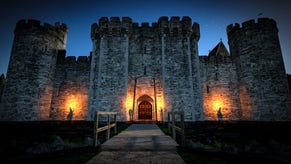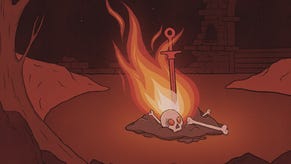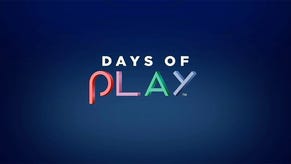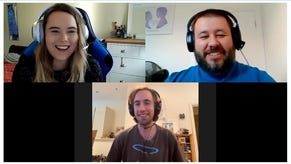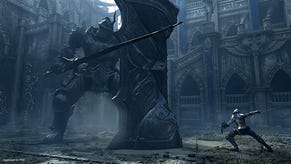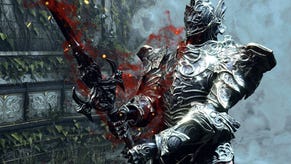Souls Survivor
Director Hidetaka Miyazaki discusses the origins and ideology behind From Software's masterpiece.
It didn't come out of nowhere. Demon's Souls has certain things in common with From Software's long-running dark fantasy series King's Field - namely, its unrelenting bleakness and wall-punching difficulty - but Miyazaki doesn't see it as a direct successor.
"King's Field was the beginning of the Demon's Souls project; I wouldn't go as far as to say that we had King's Field in mind while we were making Demon's Souls, but of course I think its world probably formed one of the bases [for the newer game]. However, if you're asking if it's a 'successor', the answer is no. Of course there are parts of the game that are inspired by King's Field but we were very much aware that we wanted to make a new title with Demon's Souls."
What did inspire the game was a combination of European mythology and artistic sources outside of the world of videogames. "There aren't any other games [that I'd cite as inspiration], but there are films like Conan the Barbarian and Excalibur, and Frazetta's fantasy art," Miyazaki explains. Demon's Souls' medieval horror aesthetic is itself a product of the back-to-basics approach behind its punishing gameplay; where Japanese action-RPGs are traditionally fond of a historical Japanese setting, From's designers found their inspiration elsewhere.
"The worlds of the games we used to play, the ones that made us tremble with excitement, were all Western worlds," says Miyazaki, "like series of fantasy game books like Wizardry and Varitmu. When we made Demon's Souls we took a back-to-basics approach, and so it turned into that kind of world - it was perfectly natural... It isn't widely known overseas, but lately in Japan games with that kind of world have all but disappeared."
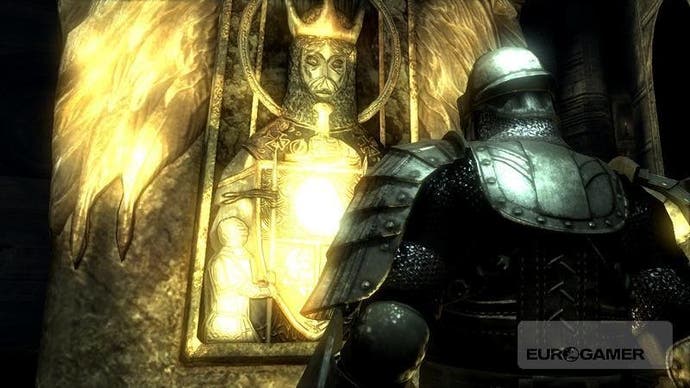
The crumbling forts and gothic dungeons of Demon's Souls' world have a European aesthetic to them that Miyazaki thinks is entirely understandable, citing inspirations from Arthurian to bloodsoaked old-Germanic myth. "Aren't all of us, especially those involved in the actual making of games, influenced by the West? It's only my personal taste, but I'm very much drawn to things like King Arthur and Beowolf, and also the Nibelungen, because they're classics. They show the good and evil in the human psyche and you're made to breathe the unvarnished stench of humanity... [Medieval tales] are not trying to put on airs."
Miyazaki also explains the game's surprisingly authentic, untranslated scriptwriting and the use of predominantly Scottish voice actors, which has long been a point of personal curiosity (I'm Scottish). "As you'd expect, with medieval Europe as our base, American English wouldn't do. We're Japanese so we don't know the particulars, but in Japan, in period pieces and such, there are very distinctive [linguistic] expressions. We thought these probably existed in English, so we went to the [SCE] co-ordinator and explained this, and they cast to suit our needs."
Demon's Souls' uniquely double-edged online play, in which players can either help each other through levels as Blue Phantoms or invade and assassinate as Black Phantoms, is easily its cleverest feature. It's also deeply revealing of human nature, and quite culturally fascinating when you look at the difference in people's behaviour on the Japanese and US servers.

